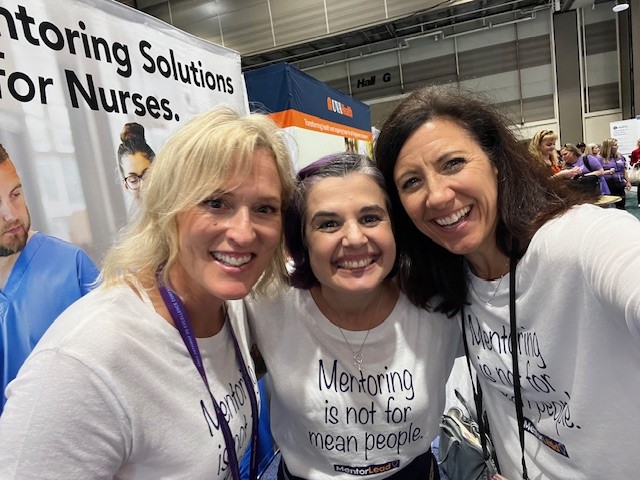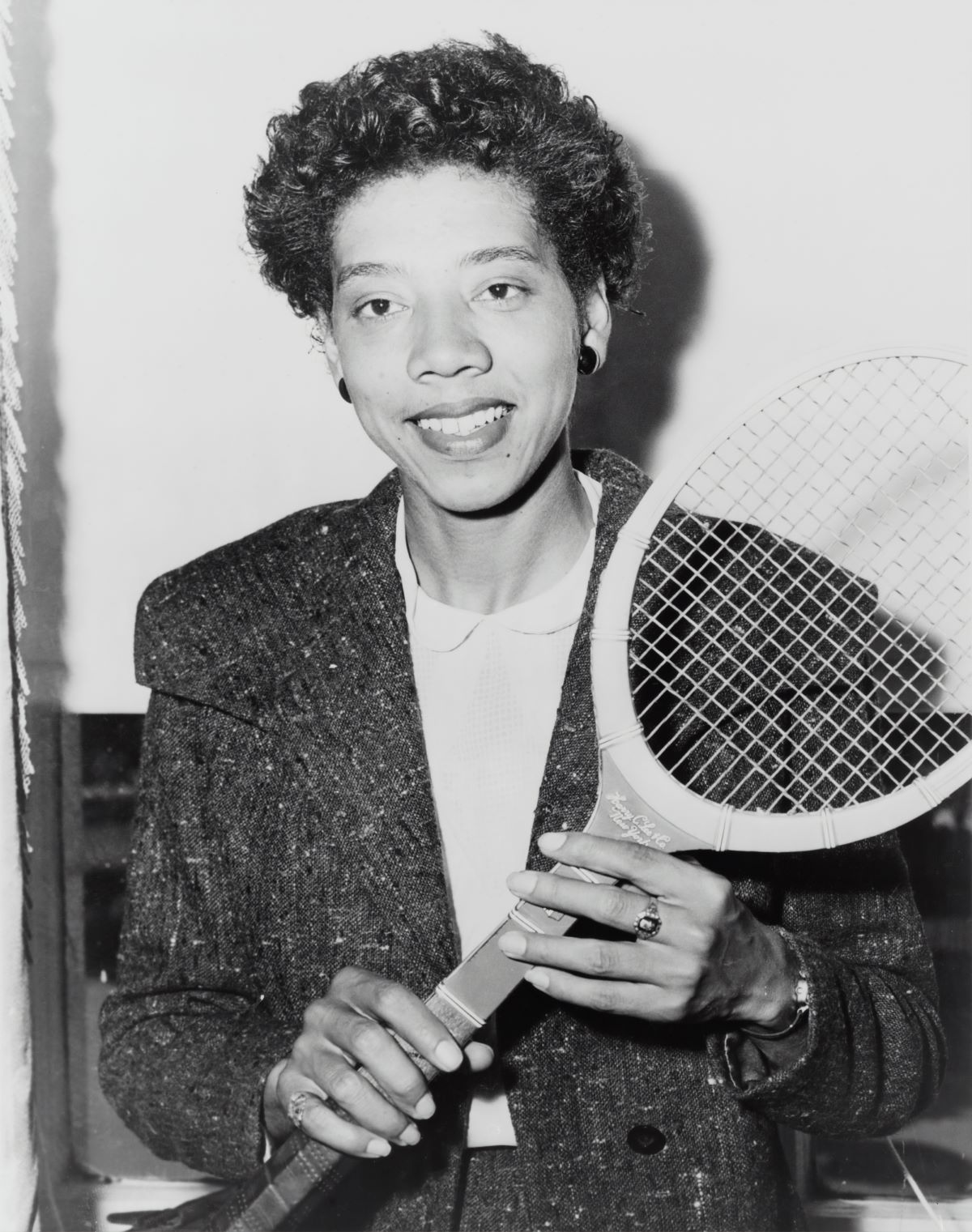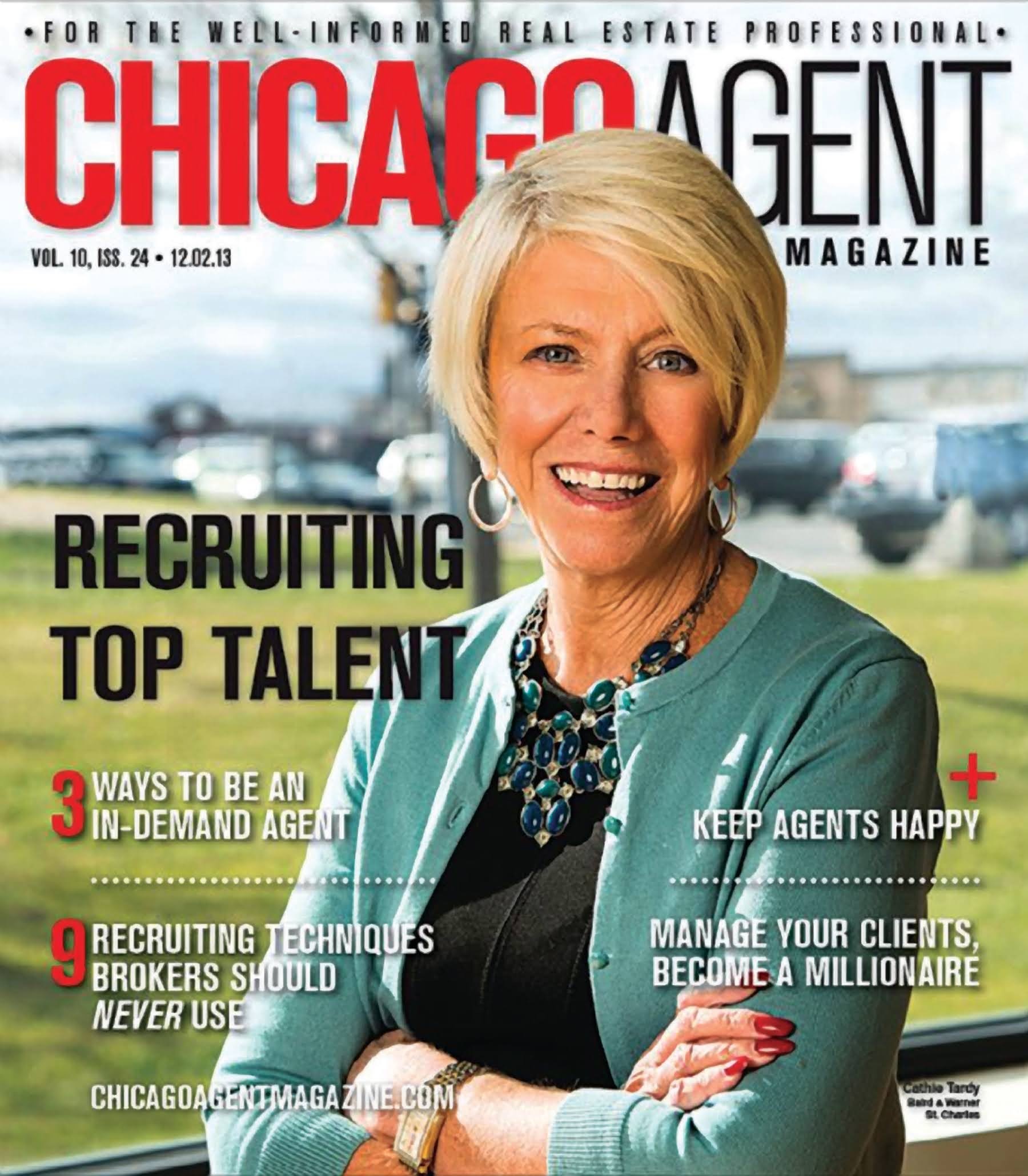
[Flash] Food Critic Ruth Reichl’s Move-the-Yardstick Mentoring
|
In 1993, restaurant critic Ruth Reichl became famous for tattling on Le Cirque, the posh, Michelin-starred, fine-dining establishment.
Ruth started her career as a chef before becoming a food writer and restaurant critic for the LA Times and then The NY Times. Ruth’s job entailed eating around New York City and reporting on her dining experiences. Because she felt an obligation to provide accurate reviews for everyday diners, Ruth often dined in disguise to ensure she was not recognized. And that’s how she showed up at Le Cirque – with a wig. To her surprise, the staff was rude and disrespectful to Ruth-in-disguise. Suspecting they would give her preferential treatment if they thought she was important, she returned to the restaurant as Ruth-the-restaurant-critic. As if on cue, the staff became slobbering sycophants upon recognizing her. Ruth decided to tell the truth. She wrote her review, revealing the disparity in her experiences, thereby exposing Le Cirque’s discourteous behavior. Her audacity garnered Ruth exposure and opportunities. In 1999 Ruth was offered the role of editor in chief for Gourmet Magazine, the beacon for food lovers. But she hesitated – she didn’t feel ready for her dream job. It was Ruth’s older friend, Paula, who stepped in with move-the-yardstick mentoring: Ruth, it’s never the right time. You have to take the opportunities when they come along. If you don’t take it, it won’t come again. Just do it. So, she did. Ruth served as Gourmet’s editor for 10 years and loved it. Today, Ruth is the host of Gourmet’s Adventures with Ruth on PBS, the author of 13 books, and the winner of six James Beard Foundation Awards. During a recent interview, Ruth reflected on a career steeped in risk-taking. She offered her own move-the-yardstick advice: “Always push the envelope. It’s really important to have new experiences. The only thing that keeps us young is constantly doing things we don’t know how to do. If you spend your whole life doing things you already know how to do, you get old fast.” As Mentors, we see our Mentees bigger, better, and bolder than they see themselves. And when we nudge a Mentee to push past their fears and stretch for the seemingly unattainable, we help them find new courage and louder confidence. Suddenly, they see and experience their bigger-better-bolder version. Only then can a Mentee pick up that yardstick and move it down the field. © 2024. Ann Tardy and MentorLead. www.mentorlead.com. All Rights Reserved. ps. Encore! We are offering a live encore presentation of our 2024-Q4 complimentary webinar: |






